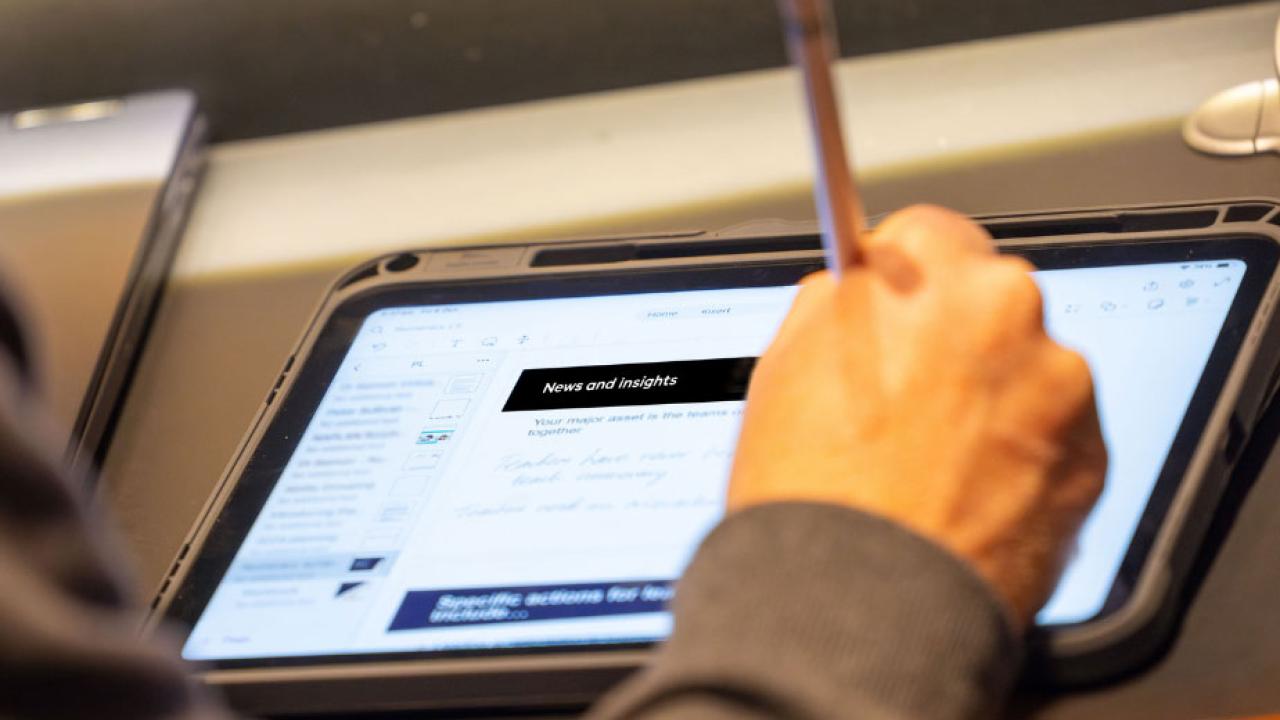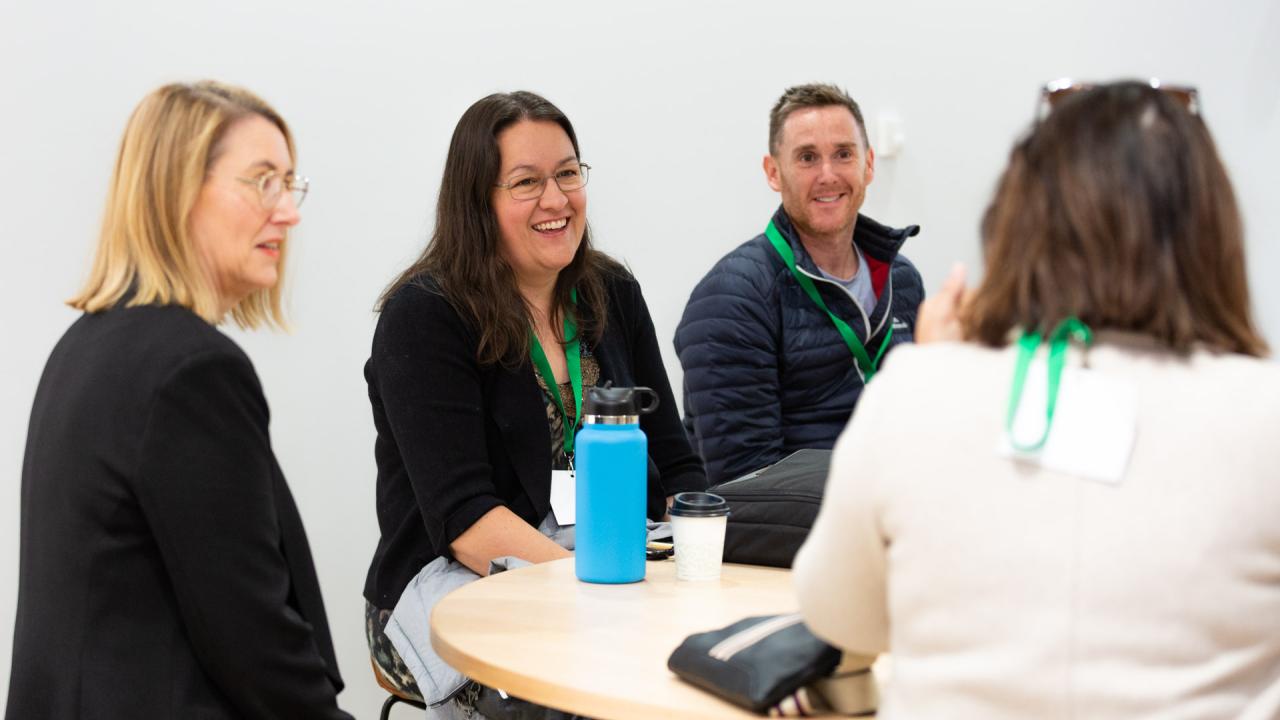07 Mar 2017
Changing the Subject

What should students learn in the 21st century? Specific content does not matter. It is what students do with the content, how they respond to it, shape it and apply it, that matters, write educators Rob Riordan and Larry Rosenstock.
Riordan and Rosenstock, founders of High Tech High, argue that to be relevant, schools must change the way they educate and support students. The curriculum must ask students to address real problems and allow them to transform content according to their interests and lived experience. Through these processes, students gain skills and understandings, and the curriculum gains new life.
In order to ‘change the subject’ teachers must be free to design relevant learning experiences and be supported to work with other teachers and students. Schools need to build a model that supports collaboration and development so teachers can reflect on and refine their practice.
Discover how to transform the curriculum to respond to 21st century challenges and create real learning experiences for students.
This article was prepared for Horizon: Thought Leadership, a publication of the Bastow Institute of Educational Leadership, Department of Education and Training, Melbourne, Victoria, Australia.

Download

Discover more resources
Computational Thinking is a process that applies a 4-step problem-solving cycle to real-world challenges, and it should feature in every subject, writes mathematician and entrepreneur Conrad Wolfram.
Learn more

We live in a time of unprecedented change. Valerie Hannon believes our education systems are lagging behind. In this podcast, Valerie shares what it is about education that drives and inspires her – from her early schooling, doing her masters with David Hargreaves and, most importantly, working with students in different capacities to help change their lives.





